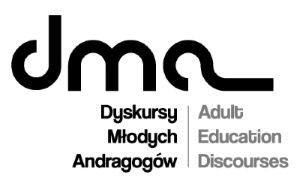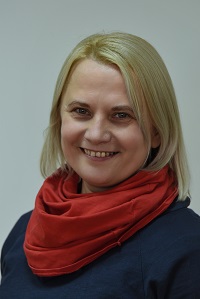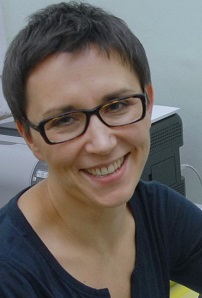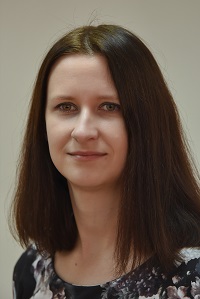Wyszukaj
Zmień rozmiar czcionki
Wersje kontrastowe
Język
en
Dyskursy Młodych Andragogów/Adult Education Discourses


Dorota Bazuń
D.Bazun@is.uz.zgora.pl

Sylwia Słowińska

Katarzyna Walentynowicz Moryl
Stigmatization can affect anyone, but it hits hardest the weakest participants in social life – ethnic, race, religious and sexual minorities, the poor and homeless, as well as those who differ from the majority in terms of appearance, age, weight, physical and mental health. Stigmatizing others may have a grass-roots nature – it is a way of reacting to problems that we cannot cope with by looking for a scapegoat in people who are different. However, it often takes the form of top-down action, as a form of exercising or strengthening power.
The public discourse on stigma shows the sources, manifestations and consequences of this phenomenon in the form of limiting the life chances of individuals, groups and entire societies. There are new data and their interpretations, reports from field research and alarmist media reports. Against this background, the anti-stigma discourse, i.e. ideas, concepts and strategies for counteracting and overcoming the phenomenon of stigma, looks worse.
By proposing the development of anti-stigma discourse, we want to contribute to filling this gap. In our discussion we want to focus on adults. We are therefore waiting for descriptions, interpretations and assessments of social practices that contribute to strengthening the anti-stigma potentials of adult individuals and groups, communities, civic organizations and public institutions, and thus to preventing or overcoming stigmatization. We are particularly interested in initiatives that use formal, non-formal and informal education tools. We therefore suggest considering the following set of questions that will enable us to characterize anti-stigma discourses: What types of socio-educational practices serve to develop anti-stigma potentials of adult people: seniors, migrants, refugees, sexual minorities, the poor, people in crisis of homelessness and other participants social life exposed to negative stereotypes and prejudices? What types of ideas and motivations guide people who undertake these practices? What social spaces are used for cross-group practices? What communication framework is created to achieve the planned goals? How do participants of the described practices communicate and share the transformations they experienced during them?


